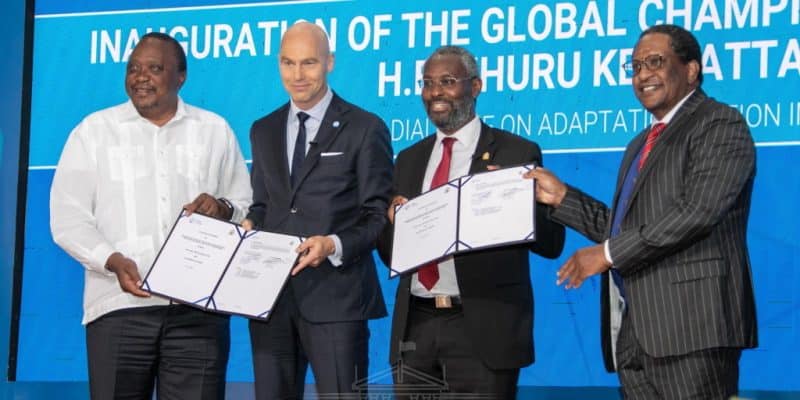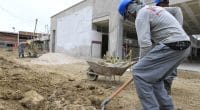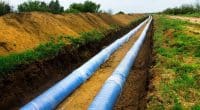Africa continues to lag behind in implementing the seventeenth Sustainable Development Goal (SDG17). According to the 2023 Africa SDG Report, Africa's domestic revenue generation and foreign direct investment (FDI) flows continue to stagnate compared to other regions. The report calls for increased domestic resource mobilisation and efforts to address debt-related vulnerabilities.
When it comes to partnerships for achieving the Sustainable Development Goals (SDG 17), mobilising finance remains a challenge for African countries, concluded once again this year the United Nations Development Programme (UNDP), the African Union Commission (AUC), the United Nations Economic Commission for Africa (UNECA) and the African Development Bank (AfDB). In the 2023 edition of their joint report on the MDGs in Africa, these institutions report, as they did last year, that the continent has made little progress in implementing MDG 17.
Africa’s domestic revenue generation and foreign direct investment (FDI) flows continue to stagnate compared to other regions. African countries are facing a record rise in external debt in the wake of the COVID-19 pandemic, compounded by challenges such as unprecedented inflation, escalating interest rates, competing priorities and limited fiscal capacity, highlighting the urgent need for debt relief and financial assistance.
To advance sustainable development, the report suggests strengthening domestic resource mobilisation and reducing illicit financial flows. It also calls on international players to support the deployment of innovative financial instruments such as green and blue bonds, as well as debt-for-climate swaps.
Read also-AFRICA: a reduction in the proportion of people living in shanty towns
The Intergovernmental Panel on Climate Change (IPCC) also agrees that climate finance is insufficient in Africa. In the 3rd part of its 6th climate report, devoted to the mitigation of global warming, published on 4 April 2022, the IPCC notes that developing countries are struggling to receive the promised multilateral aid, but also to attract private green investment, which lacks adequate public guarantees. For the time being, neither the amounts nor the financial mechanisms are in place to support Africa in its transition to a low-carbon economy. According to the IPCC, the flow of climate finance to Africa needs to be increased four to eightfold by 2030.
Boris Ngounou






